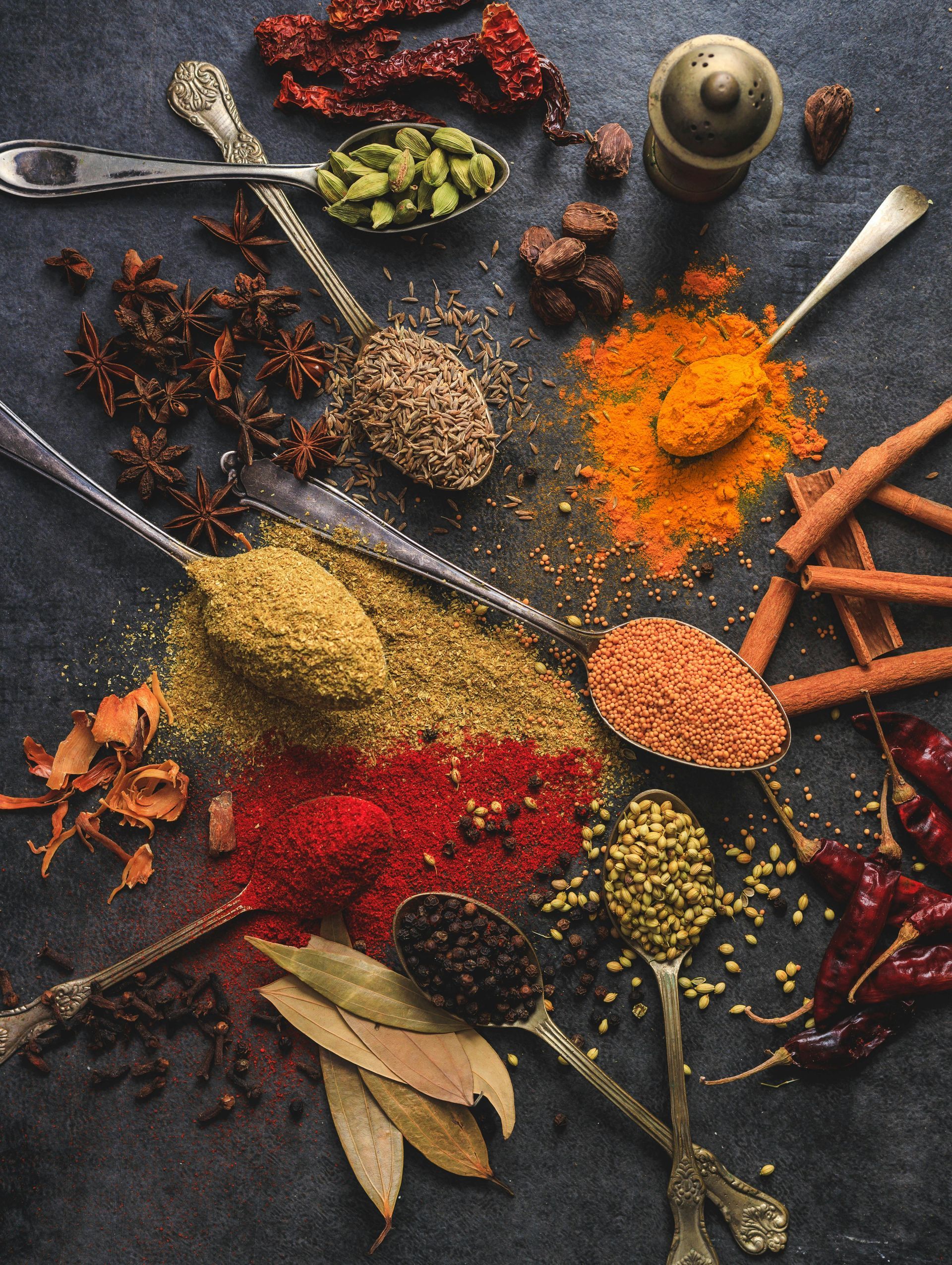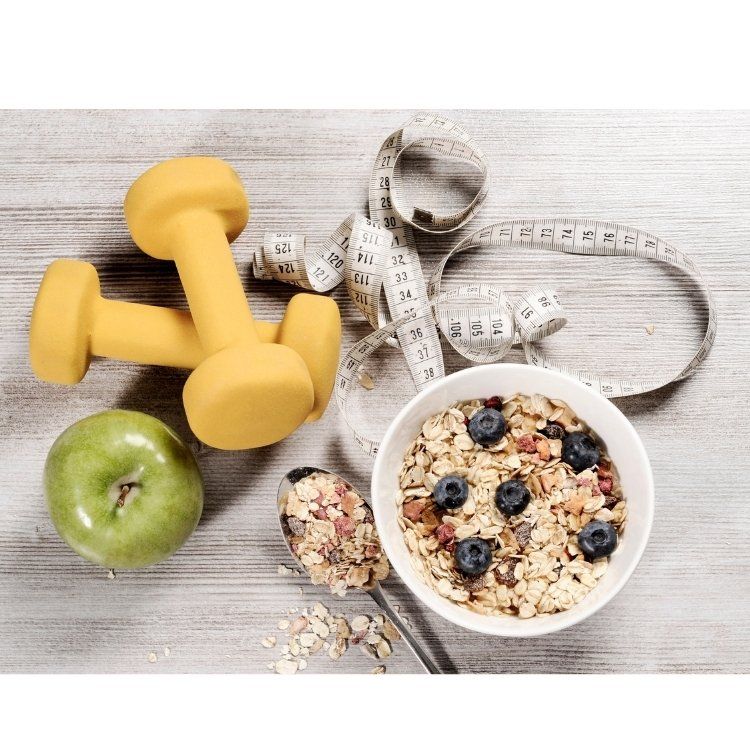Salicylate Intolerance: What It Is, Why It Happens & How to Manage It
Heal from salicylate intolerance

Have you ever eaten a seemingly healthy food—like strawberries, tomatoes, or spices—only to experience skin rashes, headaches, digestive discomfort, or sinus congestion afterward? If so, you may have salicylate intolerance.
Salicylates are natural compounds found in many fruits, vegetables, herbs, and even medications like aspirin. While they don’t cause issues for most people, some individuals struggle to break them down, leading to a range of uncomfortable symptoms. As an Integrative dietitian, I see many clients with unexplained food sensitivities, and salicylates can often be a hidden trigger. So let’s dive into what causes salicylate intolerance, the symptoms to look for, and how to manage it through diet and lifestyle changes.
What Is Salicylate Intolerance?
Salicylate intolerance is a chemical sensitivity that occurs when the body struggles to metabolize and eliminate salicylates efficiently. Unlike a true food allergy, which involves the immune system, this is more of a detoxification issue or chemical sensitivity.
When salicylates build up in the body faster than they can be cleared, they can trigger skin, respiratory, digestive, and neurological symptoms.
Common signs of salicylate intolerance include:
- Skin reactions – rashes, hives, eczema, itching
- Respiratory issues – asthma, sinus congestion, wheezing
- Digestive problems – bloating, nausea, diarrhea, IBS-like symptoms
- Neurological symptoms – headaches, dizziness, brain fog, tinnitus
- Joint and muscle pain – inflammation, fatigue, body aches
Why Do Some People React to Salicylates?
Not everyone is sensitive to salicylates, so why do some people develop reactions while others don’t? It often comes down to how well the body processes and detoxifies salicylates.
1. Impaired Liver Detoxification
- The liver is responsible for breaking down and eliminating salicylates using an enzyme called phenolsulfotransferase (PST). Some people have lower levels of this enzyme, making it harder to process salicylates efficiently.
- Glutathione, the body’s master antioxidant, is essential for detoxification. Low levels can impair salicylate metabolism, often due to stress, toxins, or poor diet.
How to support your liver:
- Eat sulfur-rich foods like garlic, onions, and cruciferous vegetables (broccoli, kale, cabbage).
- Support detox pathways with glutathione, NAC, and vitamin C.
2. Gut Health Imbalances and Leaky Gut
- Your gut bacteria play a major role in breaking down salicylates. If you have gut dysbiosis (an imbalance of good and bad bacteria) or leaky gut syndrome, you may be more sensitive to these compounds.
How to improve gut health:
- Take probiotics and prebiotics to restore beneficial bacteria.
- Support gut lining with L-glutamine, zinc carnosine, vitamin A, iodine, quercetin and aloe vera.
- Reduce processed foods, saturated or animal fats a and inflammatory vegetable oils.
3. Mast Cell Activation and Histamine Intolerance
- Salicylates can sometimes trigger mast cells to release histamine, leading to symptoms like itching, hives, and sinus congestion.
How to reduce mast cell activation:
- Include quercetin-rich foods (apples, onions, green tea).
- Take vitamin C, B6, Zinc and DAO enzymes to help break down histamine.
- Reduce high-histamine foods if you’re also sensitive to them. This includes anything fermented, citrus, strawberries, spinach, avocado, beer and shellfish.
4. Frequent Use of NSAIDs (Aspirin, Ibuprofen, Naproxen)
- Medications like aspirin and ibuprofen contain salicylates, and frequent use can contribute to salicylate overload in sensitive individuals.
How to reduce dependency on NSAIDs:
- Use natural anti-inflammatory alternatives like curcumin, magnesium, and PEA.
- Support joint health with collagen alternatives (vegan-friendly), turmeric, and boswellia.
List of Foods High in Salicylates
If you are sensitive to salicylates, reducing high-salicylate foods can help lower your overall intake and reduce symptoms.
High-Salicylate Foods (Avoid or Limit If Sensitive)
Fruits (high content)
- Strawberries, blueberries, raspberries, blackberries
- Oranges, lemons, limes, grapefruits
- Apples, peaches, grapes, cherries, plums
- Dried fruits (raisins, apricots, dates, prunes)
Vegetables
- Tomatoes and tomato sauce
- Capsicum (bell peppers)
- Spinach, kale, zucchini
- Mushrooms, broccoli, cauliflower
Herbs and Spices (very high content)
- Cinnamon, turmeric, curry powder
- Paprika, cayenne, chili powder
- Thyme, oregano, basil, rosemary, sage
Beverages
- Tea (black, green, herbal)
- Coffee
- Wine (especially red wine)
- Fruit juices (especially citrus-based)
Nuts and Seeds
- Almonds, peanuts, walnuts, pistachios, hazelnuts
Processed and Packaged Foods
- Ketchup, soy sauce, barbecue sauce, chutneys
- Artificial colors and flavors in soft drinks, candies, and snacks
Low-Salicylate Foods (Safer Choices for Sensitivity)
- Fruits: Bananas, pears (peeled), papaya, avocado
- Vegetables: Cabbage, lettuce, celery, white potatoes
- Dairy and Protein: Eggs, plain meats, plain dairy products like ricotta cheese and milk (avoid feta and hard cheeses)
- Grains: Rice, oats, quinoa, plain bread and pasta
- Oils and Fats: Coconut oil, olive oil, Ghee
How to Manage Salicylate Intolerance
- Reduce high-salicylate foods gradually to see if symptoms improve.
- Support liver detox with sulfur-rich foods and glutathione boosters.
- Improve gut health with probiotics, prebiotics, gut support products and an personalised anti-inflammatory diet.
- Stabilize mast cells with quercetin, vitamin C, B6, Zinc, and DAO enzyme.
- Limit NSAID use if possible and explore natural pain relief options.
- Work with a dietitian to address the root cause and develop a personalised balanced, low-salicylate diet.
Take Control of Your Health with Expert Guidance
If you're struggling with unexplained food sensitivities, gut issues, or inflammation, salicylates could be part of the problem.
As an integrative dietitian, I specialize in helping people uncover food intolerances, optimize digestion, and regain their vitality through personalized nutrition plans.
Book a consultation with Anca Vereen today to create a nutrition strategy that supports your health, reduces symptoms, and helps you feel your best.
Click here to schedule your appointment: www.ancavereen.com




